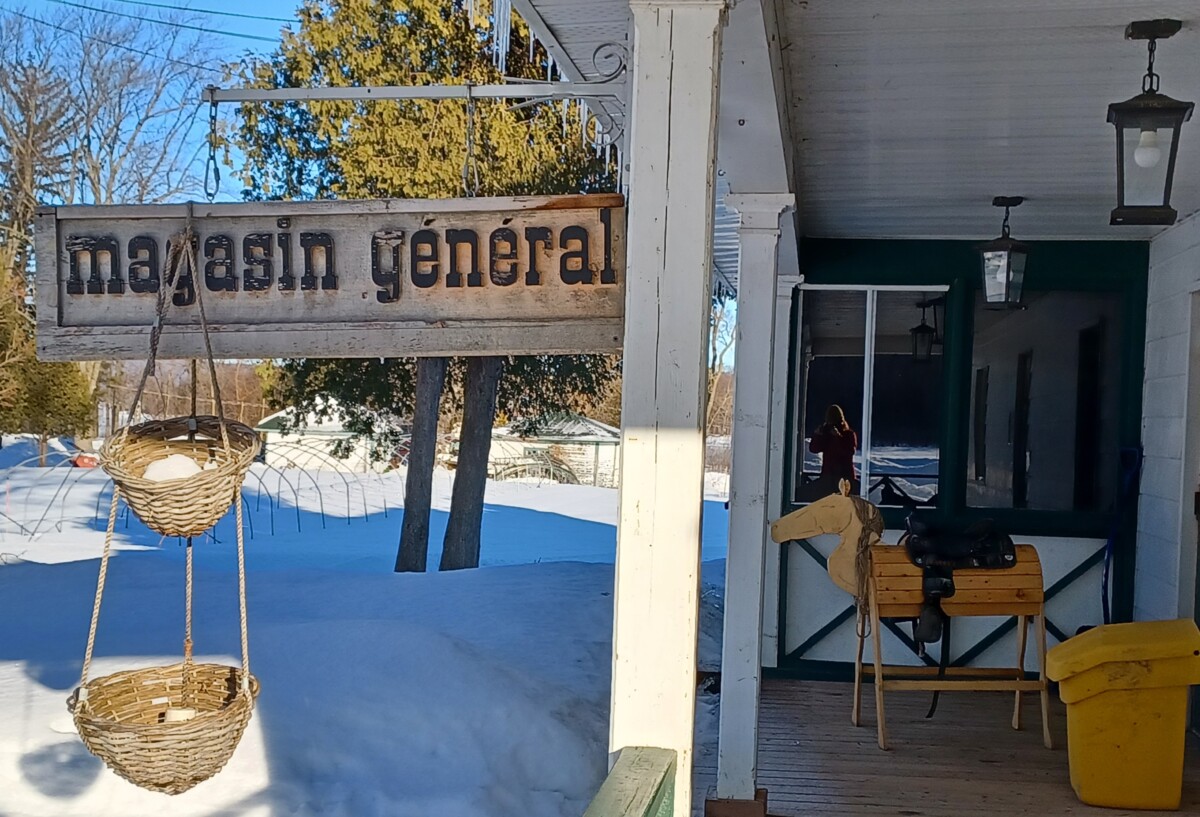Quebec job integration companies are helping socially isolated individuals to find employment
At the Cap-Saint-Jacques park’s waterfront in the borough of Pierrefonds stands D-Trois-Pierres – a farmland where bridges are built between socially isolated individuals and the job market.
This non-profit organization hosts cohorts of a maximum of 12 participants who learn social and professional skills, allowing them to incorporate what they’ve learned to the job market. “We help participants advance at the pace of their abilities,” said Benoit DeGuire, the general director of D-Trois-Pierres.
Manual labour professionals, like farmers, heavy machine operators, and janitors, also teach hands-on skills to the participants. These competencies are transferable to other professions, giving participants the social and professional tools to find a stable job after completing the program. Participants can thus work in the agricultural area after passing through the D-Trois-Pierres job integration program.
Group courses on citizenship education, employee initiative and proper workplace behaviour are some of the many competencies taught by the psychoeducators at D-Trois-Pierres.
“Our mission is to permit individuals to thrive. We change lives,” said DeGuire, who oversees the operations of the integration company.
Quebec hosts a total of 44 job integration companies, regulated by Services Quebec under the job integration company experience program. These non-profit organizations are associated with the Collectif des entreprises d’insertion du Québec (CEIQ) — a Quebec-based job integration companies conglomerate.
Acceptance into the company program is restricted to Canadian citizens with no income or permanent residents aged 16 and older. Participants must have modest education and professional experience in addition to a lack of employment insurance or social assistance.
However, D-Trois-Pierres’ integration coordinator Nicolas Dugal said that reaching out to individuals who could benefit from this program is not always easy.
Facing recruiting shortages, D-Trois-Pierres is extending the admittance limit from Vaudreuil-Dorion to Dorval, and is now accepting participants living outside of Montreal.
Both DeGuire and Dugal said that their participants’ average profile has shifted after the COVID-19 pandemic.
“There is a big difference, people are more far-off from jobs,” said DeGuire. He explained that there has been an increase in the number of individuals who speak neither of Canada’s official languages.
This trend has also been observed in other job integration companies. Although age acceptance has widened, the CEIQ has recorded that six out of ten individuals who partake in employment incorporation programs are 35 years old or younger.
According to Dugal, another large portion of participants have trouble keeping a stable job, often working during short periods of time because of problems of punctuality and disinterest.
In response, the job integration’s intervention team has adapted its program to accommodate the participants’ respective needs. Each participant’s course is personalized through the job incorporation procedure, which is prepared by social workers who host one-on-one sessions with participants.
Some participants work in the organization’s shop, les Jardins du Cap, where they sell the organic produce harvested on site. DeGuire said the interaction with local customers is essential for D-Trois-Pierres to share their mission and principles with the general public.
Moreover, Dugal said that the non-profit’s social workers are not in it for the money, they want participants to thrive and have a prosperous life. He explained that D-Trois-Pierres’ program’s final aim is to build a strong community between participants and social workers. He added, “We are in the field of the social economy, it is the social pretext above all.”
